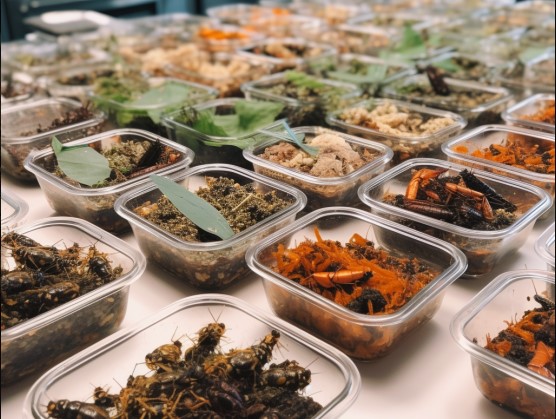Bioengineered food, sometimes referred to as genetically modified organisms (GMOs), has become a staple in modern food production. While there are many potential benefits to the use of bioengineered food, it also carries potential risks. This article will explore the pros and cons of bioengineered food and how it affects the food industry.
Pros of Bioengineered Food
The main advantage of bioengineered food is that it can increase crop yields and provide higher-quality produce. Bioengineering can be used to create plants that are resistant to diseases and pests, creating crops with higher yields and less need for pesticides. This can reduce the cost of production, making food more accessible to those who need it. Bioengineering also allows for faster growth rates in plants, resulting in a shorter production time and an increased potential for food production.
Bioengineered food has been shown to provide more nutritious options for people who may not otherwise have access to healthy food. For instance, bioengineering techniques have been used to create crops that are higher in essential vitamins and minerals, such as vitamins A and C. This can help reduce the risk of vitamin deficiency and offer people a more nutritious way to get the nutrients they need.
In addition to providing more nutrient-rich options, bioengineered food can also help minimize waste. By designing foods that last longer and are more resistant to spoilage, more of the food produced can make it to the consumer. This can help reduce waste in the food industry and help make food more financially accessible.
Cons of Bioengineered Food
The potential dangers of bioengineered food are not to be ignored. While the technology has been available since the 1990s, research into its long-term effects has not been as extensive as research into other methods of food production. There are concerns about the safety of bioengineered food and its potential to damage the environment.
One of the potential risks of bioengineering is the possibility of transferring genetic material from plants to animals and humans. This could potentially cause long-term health problems, especially if the organisms being modified are closely related to humans. There is also the risk of introducing new allergens into the food supply and creating potentially harmful compounds that could trigger adverse reactions.
In addition to potential health risks, there is also the potential for bioengineered crops to create environmental problems. For instance, if the plants are resistant to herbicides, these chemicals could spread more widely and cause damage to other plants and wildlife. There is also the potential for the transfer of genetic material from plants to other organisms, which could in turn affect their biology and behavior.
Bioengineered food has the potential to benefit the food industry by increasing crop yields, providing more nutritious options, and reducing food waste. However, it is important to be aware of potential risks, such as the introduction of novel allergens and the potential for environmental damage. More research is needed to understand the potential of bioengineering to both help and hurt the food industry.


